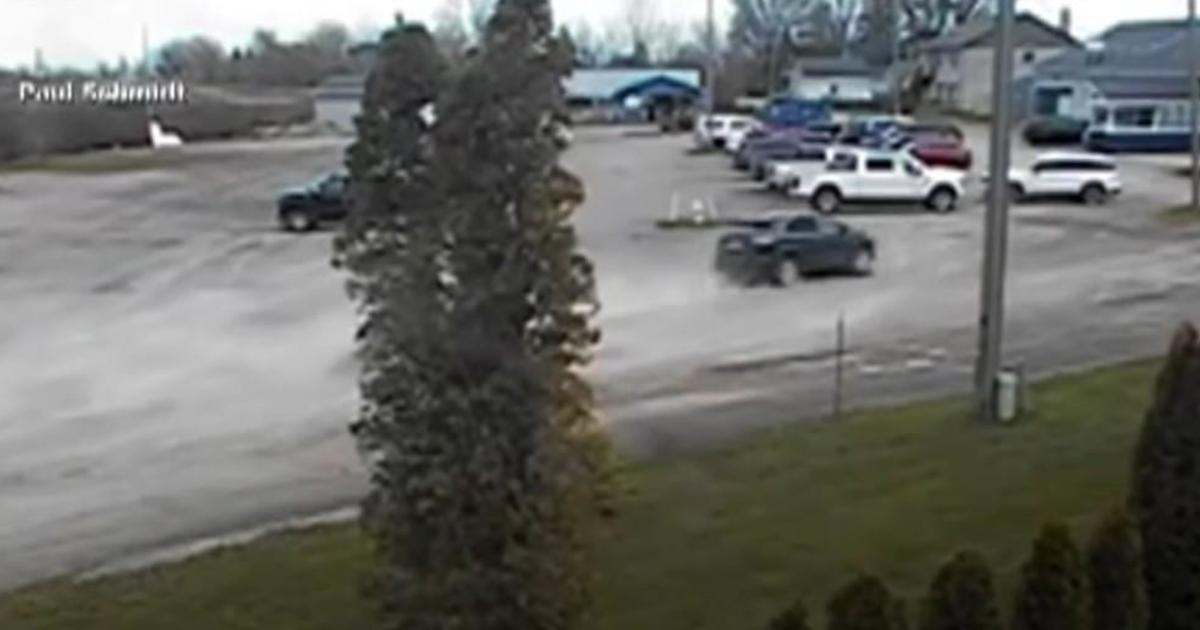DNR Confirms 3rd Case Of Chronic Wasting Disease In Deer; Hunter Participation 'Critical' This Fall
MERIDIAN TWP. (WWJ) - The Michigan Department of Natural Resources says hunter participation will be "critical" this fall after a third case of chronic wasting disease was confirmed in wild deer.
Officials say the deer, a 5-year-old doe, was found in Meridian Township, near Lansing.
All three deer detected with the disease thus far have been discovered within a mile of one another. A doe tested positive in May, and a 2-year-old male with the disease was found in July.
Genetic analyses carried out by Michigan State University's Molecular Ecology Laboratory indicated that all three positive animals were related as part of an extended family. Previous research has shown that the disease is often transmitted within family groups because of their close contact.
DNR wildlife veterinarian Steve Schmitt says hunters should have their deer checked and tested to help determine the spread of the contagious, fatal disease that attacks the brains of infected deer and elk.
"We have focused our efforts thus far in the area around the first case," Schmitt said in a statement. "We need individuals who have always hunted in Ingham County and surrounding counties to keep hunting. The DNR can't fight this disease without their support."
Until May, chronic wasting disease hadn't appeared in Michigan since 2008, when an infected white-tailed deer was detected at a Kent County breeding farm.
CWD is a fatal neurological disease that affects white-tailed deer, mule deer, elk and moose. It is caused by the transmission of infectious, self-multiplying proteins (prions) contained in saliva and other body fluids of infected animals. Susceptible animals can acquire CWD by direct exposure to these fluids, or from environments contaminated with these fluids or the carcass of a diseased animal.
Some chronically CWD-infected animals will display abnormal behaviors, progressive weight loss and physical debilitation. There is no cure; once a deer is infected with CWD, it will die.
To date, there is no evidence that chronic wasting disease presents any risk to non humans, either through contact with an infected animal or from handling venison. However, as a precaution, the U.S. Centers for Disease Control and the World Health Organization recommend that infected animals not be consumed as food by either humans or domestic animals.
For more information, visit www.michigan.gov/cwd.



